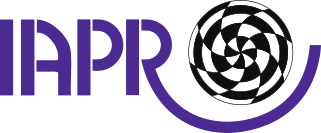It is our pleasure to announce that the recipient of the 2020 King-Sun Fu Prize is Professor Ching Yee Suen, Centre for Pattern Recognition and Machine Intelligence (CENPARMI), Concordia University, Montreal, Quebec, Canada.
The citation for the prize is:
“For pioneering research and exceptional contributions to handwriting recognition and document understanding in theory, practice, and education.”
The prize will be presented to Professor Suen prior to his award lecture at ICPR2020 Virtual-Milano, 1 p.m. (CET) on January 12, 2021.
Congratulations to Professor Suen on this achievement.
Apostolos Antonacopoulos
IAPR President
